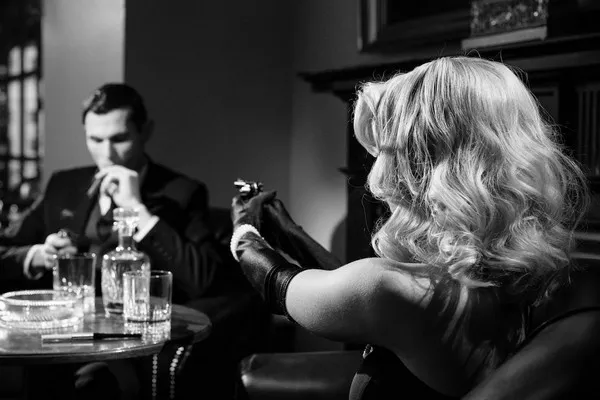For Americans eager to find signs of life in an ailing movie culture, the simultaneous box office success of “Barbie” and the biopic “Oppenheimer” was cause for celebration, with fans embracing the two. Two very different blockbusters were released at the same time incongruously.
Yet this joyous fusion, which includes two-film back-to-backs and “Babpenheimer,” an online mash-up of Barbie’s pink fantasies with Oppenheimer-era imagery of nuclear explosions, has met with a very different story in Japan. reaction – anger.
For days, Japanese Twitter users have been circulating the hashtag #NoBarbenheimer – the U.S. nuclear bomb dropped on Hiroshima and Nagasaki killed hundreds of thousands of people during World War II.
The backlash brought a rare display of discord within Hollywood on Monday, with Warner Bros.’ Japanese subsidiary criticizing headquarters’ handling of “Barbie” on social media.
“Barbie” will be released in Japanese theaters on August 11. In a letter posted on its official account, Warner Japan’s subsidiary said it “extremely regrets” its American counterparts for promoting the “Barbenheimer” meme.
For example, the official Barbie account responded to a fan-generated image — of Barbie in an atomic-bomb bouffant bun — “Her Ken is a stylist.” The account also responded to one with a kissing emoji. A movie poster made by fans, on which Barbie and Oppenheimer, the father of the atomic bomb, stand together, with the scene of the nuclear explosion in the background. “This will be a summer to remember,” the studio tweeted.
Some Japanese Twitter users responded with photos of victims of the atomic bombing. Others said they had canceled plans to see the film. “Nuclear weapons are not cool,” wrote one user in reply to a tweet promoting the movie.
Warner Bros.’ Japanese subsidiary noted that Babenheimer “is not an official Warner Bros. event” and said it had asked company headquarters to take “appropriate action.”
As of Tuesday afternoon, the post had nearly 30 million views and tens of thousands of retweets. Many users added the hashtag #BarbieNoKen, a play on words that means “Barbie incident” in Japanese.
In a statement on Tuesday, Warner Bros. headquarters said it “regrets the recent insensitivity on social media” and offered a “sincere apology.” The “Barbie” movie account’s reply to the “Barbenheimer” post has been deleted.
While the “Barbie” movie will be released in Japanese theaters the week before the 78th anniversary of the atomic bombings of Hiroshima and Nagasaki, Universal Pictures’ “Oppenheimer” has yet to set a Japanese release date.
This has led some to speculate that the film may not be released in Japan at all, to avoid offending local sensitivities about the legacy of a nuclear attack. In response to questions from The New York Times, Universal Pictures said the company was unaware of the “Barbenheimer” controversy.
An official ban seems unlikely: Japan has strong free-speech guarantees, and previous American films dealing with war themes had little audience in Japan. These include the 1996 film “Infinity,” about a scientist involved in the Manhattan Project, the atomic weapons program Oppenheimer led.
It is also not uncommon for foreign films to be released in Japan long after they were released in their home countries. It took nearly two years for “In My Heart” to hit Japanese theaters.


























